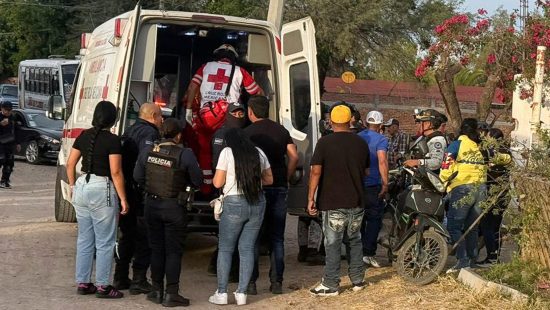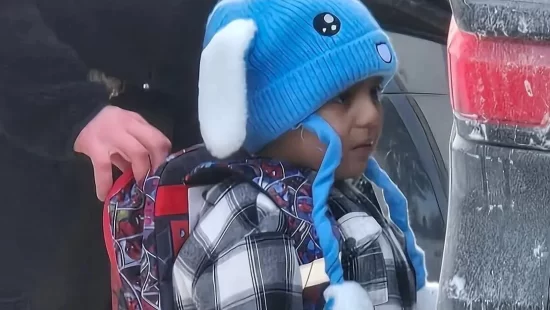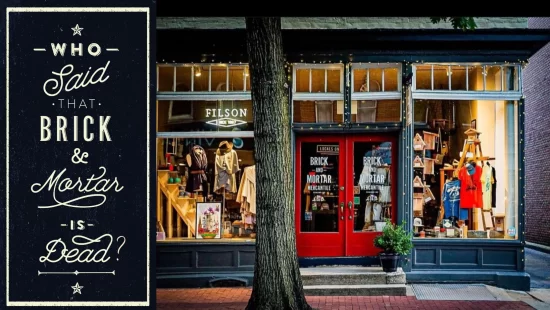Crackdown on Narcocorridos: Grupo Firme and Other Regional Mexican Artists Face U.S. Visa Cancellations
The wave of visa cancellations sweeping through the regional Mexican music scene has claimed another major act: Grupo Firme. The chart-topping band announced the cancellation of their June 1 performance at La Onda Fest in Napa Valley, California, citing issues with U.S. visa processing.
In a statement released on social media, the band explained:
“Currently, the visas for Grupo Firme and the Music VIP team are undergoing administrative processing by the U.S. Embassy, a situation that makes it impossible for Grupo Firme to perform at La Onda Fest as originally planned.”
The group apologized to fans and promised to return to the U.S. soon, “so we can meet again and sing, dance, and toast together.”
But Grupo Firme is far from alone.
In recent months, multiple Mexican artists—including Julión Álvarez, Los Alegres del Barranco, and Lorenzo de Monteclaro—have been blocked from performing in the U.S. due to visa complications. These issues come amid a broader crackdown by U.S. authorities on musicians linked to narcocorridos, a genre that often glorifies drug lords and cartel violence.
The case of Los Alegres del Barranco has become a flashpoint in this crackdown. The band came under fire after projecting images of Nemesio “El Mencho” Oseguera Cervantes, leader of the Jalisco New Generation Cartel (CJNG), during a concert in Guadalajara. They are currently facing legal proceedings in Mexico for allegedly promoting criminal activity—known as apología del delito—and had their U.S. visas revoked shortly thereafter.
In a rare public comment, U.S. Deputy Secretary of State Christopher Landau defended the policy shift:
“I’m a firm believer in freedom of expression, but that doesn’t mean that expression should be free of consequences. The U.S. does not welcome individuals who glorify criminals and terrorists.”
The CJNG, one of Mexico’s most violent cartels, is designated as a Foreign Terrorist Organization by the U.S. government—a classification that carries significant legal and diplomatic weight. Visa bans for artists associated with the cartel or its symbolism are now being enforced more strictly.
Superstar Julión Álvarez also fell victim to this new policy direction. He revealed that after launching his U.S. tour, he was informed at the last minute that his work visa had been canceled. This forced him to cancel a sold-out performance at AT&T Stadium in Arlington, Texas. His band members also lost their visas. While Álvarez had been sanctioned in 2017 for alleged cartel ties—sanctions later lifted in 2022—his name continues to be associated with caution among U.S. officials.
Meanwhile, veteran performer Lorenzo de Monteclaro announced he had to cancel three shows scheduled for late May in the U.S. because he is still awaiting visa documentation.
“My cancellation is due to circumstances beyond my control,” he said in a statement. “I am still awaiting the required documentation to fulfill my commitments on time.”
These actions are sending shockwaves through the Mexican regional music industry. Promoters, artists, and record labels are all reassessing how the content of their songs, stage visuals, and public statements could impact international travel and bookings.
While fans continue to debate the line between artistic expression and criminal glorification, U.S. policy appears clear: content that even indirectly celebrates cartels could lead to denial of entry.
The message to the industry is unmistakable: artists who blur the line between performance and propaganda may find the U.S. stage closed indefinitely.








